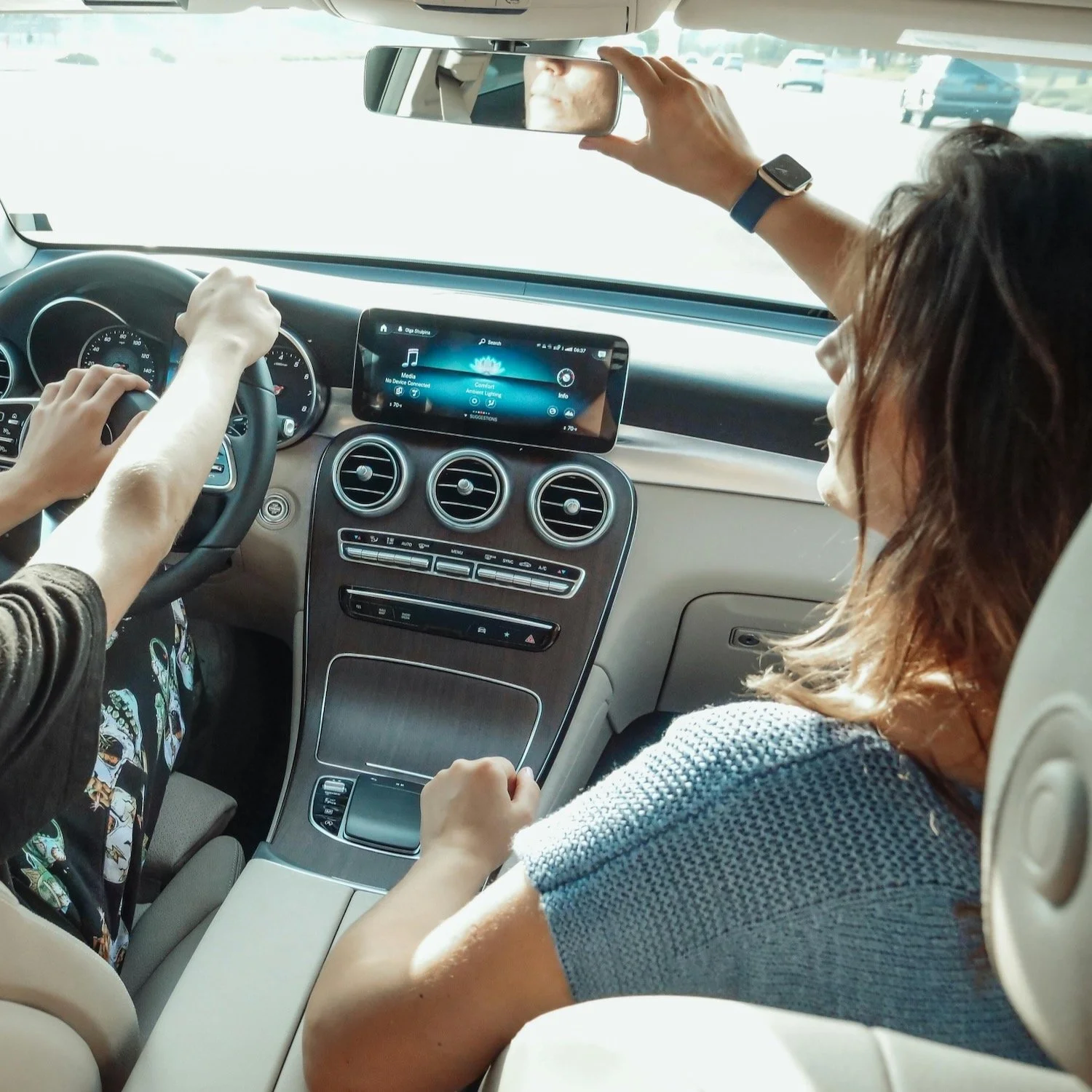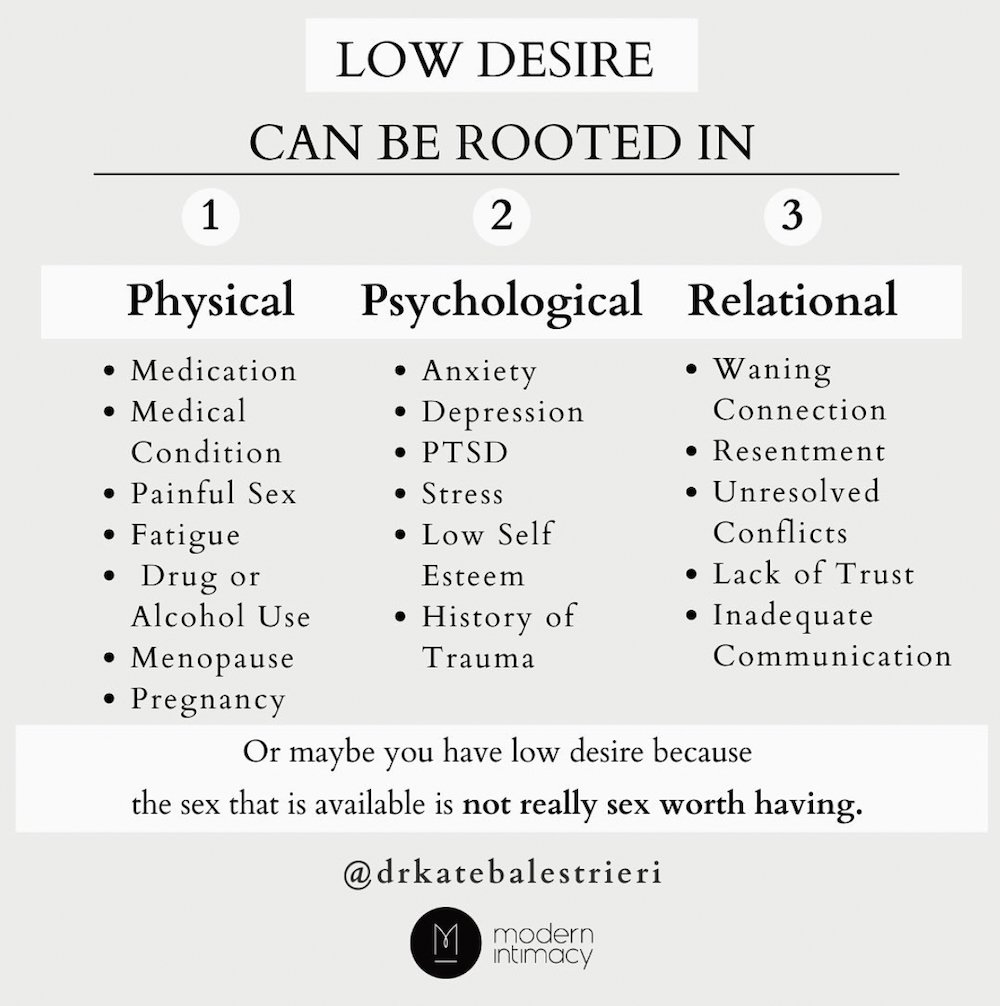A Sex Therapist Answered 7 Of Our Deepest Questions About How To Actually Have an Orgasm
by The Candidly Team
You may have recently run across a study saying that about 10% to 15% of women have never had an orgasm. Frankly, there are a lot of facts and figures swirling around this subject. Percentages. Frequencies. Pie charts mapping female pleasure.
But any person who is confused, frustrated, or simply curious about this aspect of their sexuality is obviously interested in more than a number. The only point in sharing any statistic is simply to say that, as personal as the reasons may be for someone to struggle with their ability to orgasm, they are definitely not alone.
And things are miles away from being hopeless. To illustrate why, we enlisted the expertise of sex therapist and licensed psychologist Dr. Kate Balestrieri, the founder of Modern Intimacy.
Dr. Balestrieri’s goal is to help people achieve a “safe, empowered, and pleasurable relationship with sex” through honest and open dialogue. And so, we asked her our most pressing questions about how to have an orgasm.
1. What's something you would say to women who reach their 30s and 40s and sort of give up on their ability to have an orgasm?
What I might say might be different depending on whether or not they had access to orgasms earlier in their life, and they feel like they're not attainable anymore or if they've never had the ability to find or create an orgasm.
Sometimes there is a question of changing hormones and how that certainly can influence the way we feel in our bodies and the way we access pleasure or even feel open to pleasure. But I think there are a lot of other non-biological concerns that come into play.
For a lot of folks who are having children… there's a lot of parenting responsibilities. They may feel very touched out and not as interested in or as available for sex or for pleasure.
We have a lot of other obligations that come up in our 30s and 40s… so we can experience so much more stress at that time in our lives.
And then when you factor in different kinds of relationship challenges, that can be very real for folks in either casual sex or in long-term relationships.
All of those things can really play a role in why some people, particularly vulva owners, have a hard time reaching orgasm and why they sometimes feel like it's not even worth it to try anymore if they feel like some of these other barriers or obstacles in life are never ending or not ending anytime soon.
Image from Instagram/ @drkatebalestrieri
2. Do you see specific types of thinking getting in the way?
If somebody has really critical self-thoughts, that might be absolutely an opposite of the path to an orgasm. So, any sort of body critical thinking strategies or shaming strategies, unless shame is their kink, are really the antithesis of pleasure.
And then, when we don't have adequate support either from a partner or just because life is too intense, it can make it hard to even think about that surrender to pleasure, because the surrender to pleasure means I abandon my to-do list, even if it's for a moment… And to put it down and focus on pleasure means having to pick up a lot of pieces later and get it reorganized. And that is mental energy that a lot of folks don't feel like they have.
3. How can someone get better at letting go and feeling present on a physical level?
This sounds sort of like a pop culturey answer, but I do think that having, a meditation practice and a mindfulness practice is the best way to develop that muscle quickly and with sustainable results. Because when we have high stress or when we feel hopeless, one of the first things we do is disconnect from our bodies. And part of the frustration about not having an orgasm is usually in large part due to feeling disconnected in some way, shape or form from our bodies.
So, engaging in a daily mindfulness practice or daily meditation practice or some sort of embodiment, developing practice on a regular basis helps us learn to trust ourselves and our bodies more. It helps us to appreciate our bodies, it helps us to learn how to feel again in our bodies.
4. What’s the most common issue you hear from women who have trouble or confusion around having an orgasm?
I think a lot of women don't know how to create an orgasm, because they've never really been taught about their bodies or about how to move their bodies or play with their bodies in a way that centers their pleasure. So I think there's an educational gap sometimes coupled with a partner's entitlement or over-prioritization of their own pleasure, especially in cis relationships.
Sometimes there's pain, sometimes there's hormonal changes. Sometimes they feel really touched out. Sometimes previous sexual trauma can really play a role in a person's inability to have an orgasm. So I would say probably a partner's entitlement, sexual trauma, or not knowing enough about their bodies or about sex are probably the three biggest things I hear.
5. If you had to give one piece of actionable concrete advice about how to tackle this issue, what would it be?
If there were one thing that I would say probably encompasses most of the others or is a stepping stone to most of the others, it would be to develop a daily embodiment practice. So being present in the body and really keyed into it.
6. Do you have advice for any devices to start with for women who are unsure where to start?
I've got a couple of devices that are sort of my go-to recommendations for folks.
The Trojan Fingertip Massager: It's not expensive, and it allows people to play with sensations and to touch themselves or to touch a partner and have a little bit of extra stimulation while still feeling really connected to the exchange of that intimate energy.
I really love the Bed Geek Play Four, which is their newer wand.
The Lelo Sona 2 Cruise – I like that one a lot, and I like their Lelo Soraya Wave [which is] a G-spot and clitoral stimulator.
Lovense Nora and Max 2: Interesting especially for folks who maybe want to practice having orgasms with their partner, but without their partner there…They’re teledildonic, meaning you can control them from your phone and you can play with your partner's pleasure from your phone…They actually have in the moment movement synchronization. [People] can record their sessions and go back and play it again. So, if it's a question of I'm trying to get closer to my partner and I want to have an orgasm with them, having their partner’s recorded movements can sort of help them bridge that gap between being alone and being partnered.
7. What is something that will make women who have trouble in this area feel less alone?
One thing that I would offer is the reassurance that you're not broken and there's nothing wrong with you if you struggle to have an orgasm. It’s very common. In fact, I think it's only about 18% [of women who] can have an orgasm from vaginal penetration. So the majority of women are stimulated by the clitoris. And the majority of partners don't focus as much on that as they need to.
The systems in place have set women up to not have as many orgasms as we're capable of and that's a bummer. So I would encourage them to… learn about their bodies and talk about it with friends.
Ask your friends what kinds of sex toys they like or what positions work best for them. Be curious together and encouraging together, because sex is not bad. It doesn't need to be a secret, and there's no shame in wanting to get off.
This interview has been edited for length and clarity.
This article is for informational purposes only. It is not intended to be used in place of professional advice, medical treatment, or professional care in any way. This article is not intended to be and should not be a substitute for professional care, advice or treatment. Please consult with your physician or healthcare provider before changing any health regimen. This article is not intended to diagnose, treat, or prevent disease of any kind. Read our Terms & Conditions and Privacy Policy.
















